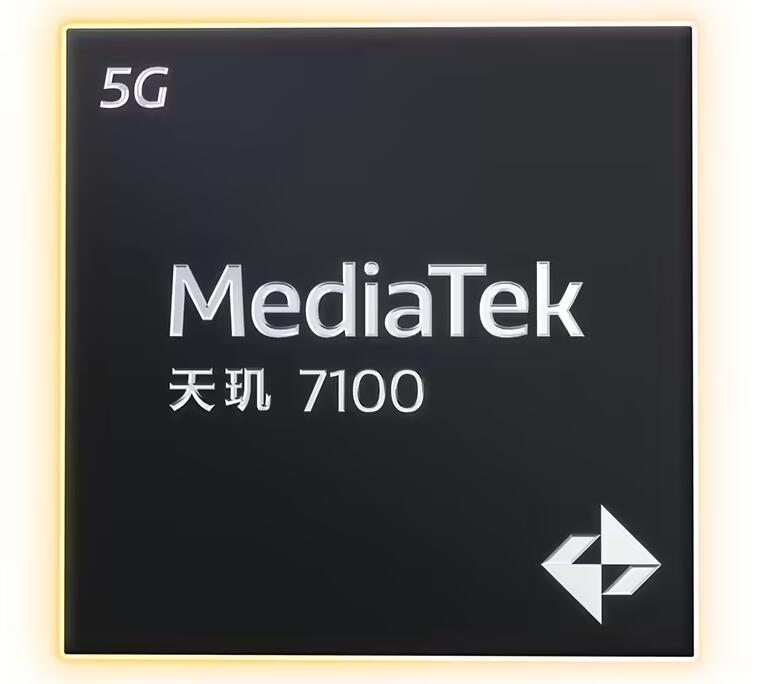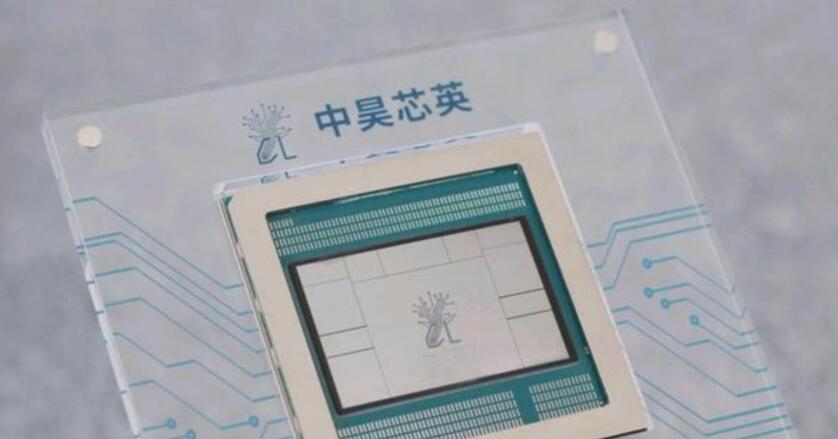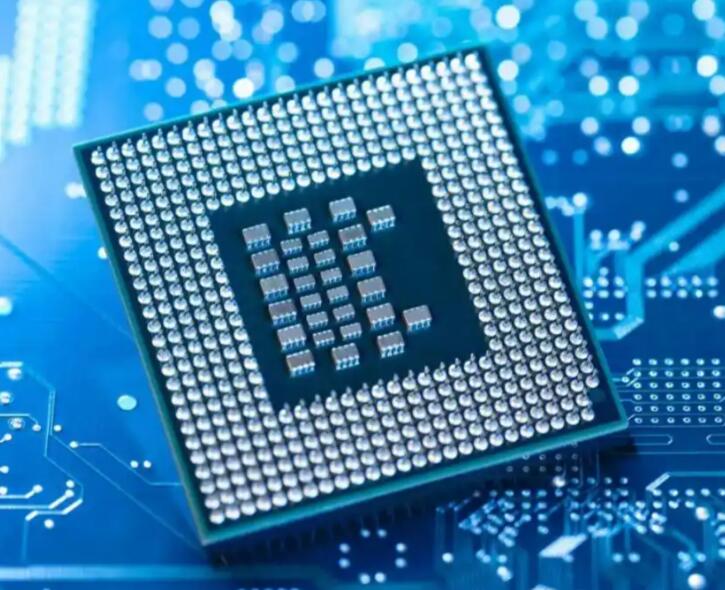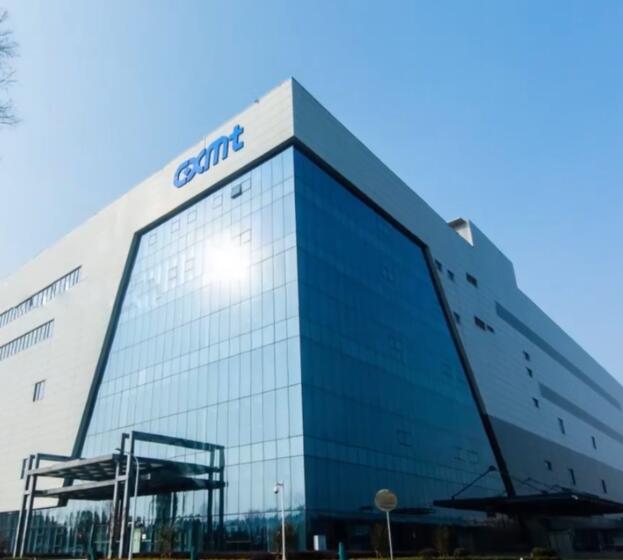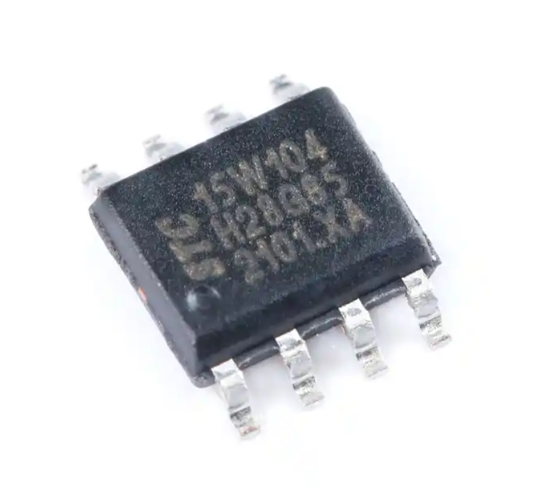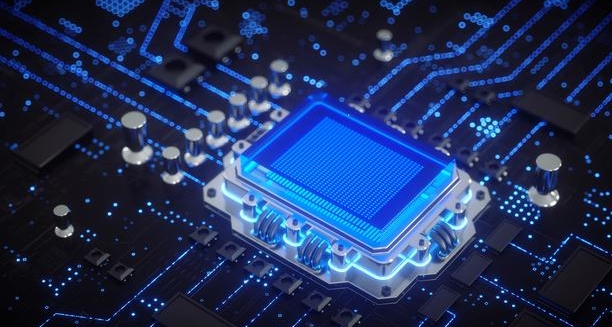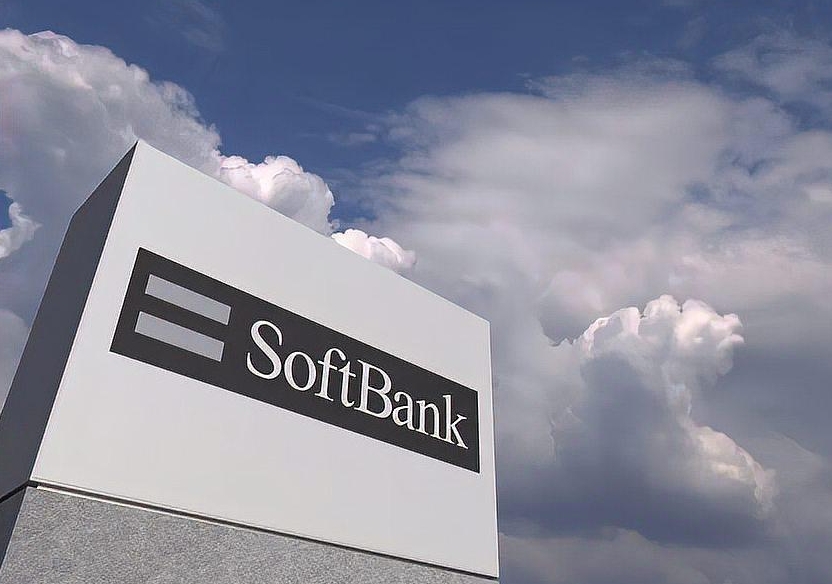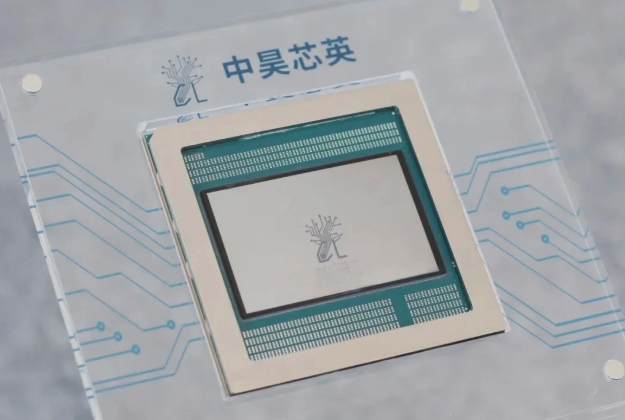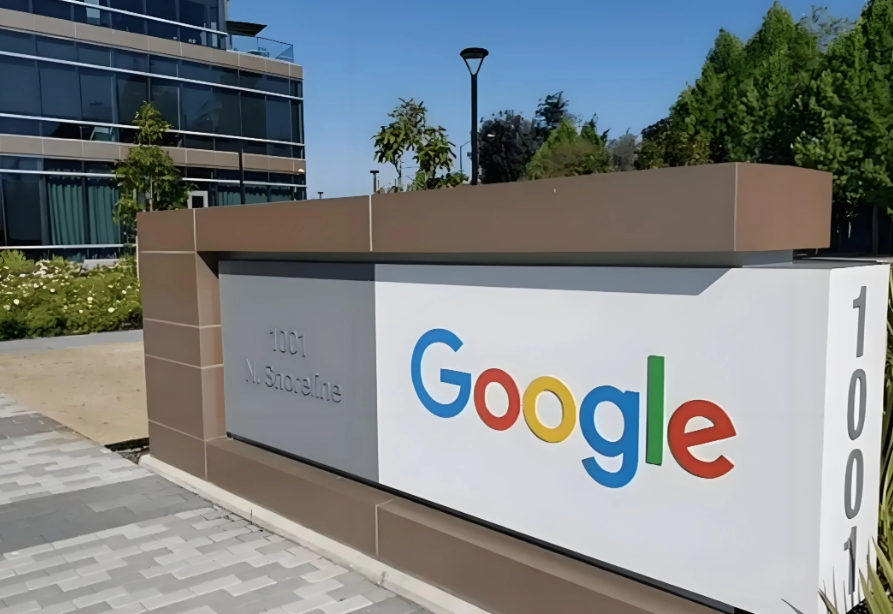On September 5th, the Financial Times reported that OpenAI is launching a large-scale collaboration with Broadcom, with the core goal of enabling mass production of its self-developed AI chips—a move marking a key step in OpenAI’s strategy to reduce reliance on NVIDIA.

Tracing the partnership timeline: As early as October last year, Reuters revealed OpenAI had joined hands with Broadcom and TSMC to start developing its first custom AI chip, while also integrating AMD chips alongside NVIDIA ones to meet the surging demand for AI infrastructure. In February this year, more strategic details emerged: the self-developed chip focuses on AI model training, with plans to iterate into more powerful processors later. For OpenAI, custom chips not only strengthen its bargaining power with suppliers but also hold the potential to open up new revenue streams in the AI hardware sector.
In the current AI chip market landscape, NVIDIA holds approximately 80% of the share, and its GPUs are widely used for model training by companies like OpenAI, Google, and Meta. This high level of dependence makes OpenAI’s self-development journey even more strategically significant. However, developing custom AI chips is far more challenging than expected: tech giants like Microsoft and Meta have invested years and massive costs but still haven’t delivered satisfactory products. For instance, while Meta successfully tested its custom AI chips, it has yet to achieve a breakthrough in large-scale commercialization.
OpenAI’s chip development is led by Richard Ho, a former Google engineer and "veteran" who previously oversaw Google’s TPU and VCU chip projects (Achievement published in Nature). He has doubled the team size from 20 to 40 members. Even so, the team remains small compared to the chip teams at Google, Amazon, and other enterprises. A more pressing issue is cost pressure: sources revealed that the design cost for a single large-scale chip project alone reaches $500 million, and this figure could double if supporting software and peripheral equipment are included.
Notably, OpenAI plans to use TSMC for contract manufacturing of its custom chips. Earlier reports suggested a target of mass production by 2026, but there is no clear timeline yet on whether the collaboration with Broadcom will accelerate this process.

ICgoodFind concludes: OpenAI’s partnership with Broadcom for chip mass production is a key attempt to break the monopoly in AI hardware. However, team size, high costs, and technical barriers remain significant challenges, and its progress will shape the competitive landscape of the AI chip market.

